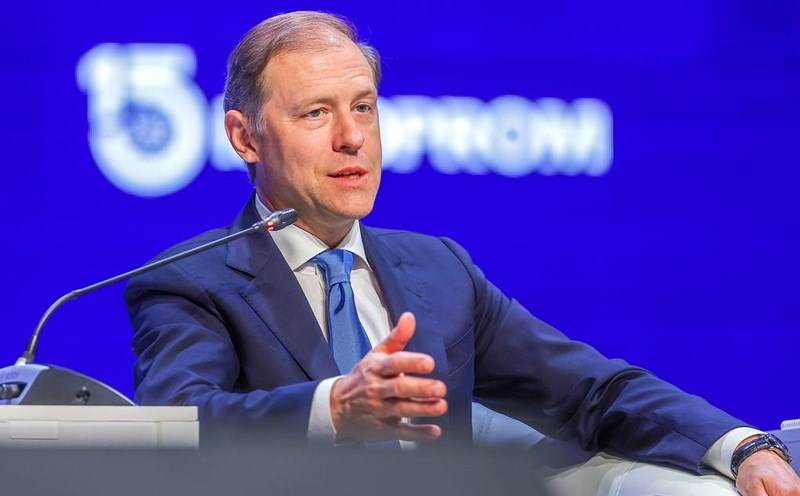Germany has the capacity to make nuclear bombs in a short time if the government decides to pursue this path, according to Rafael Grossi, Director General of the International Atomic Energy Agency (IAEA).
Speaking in an interview with the Polish daily Reczpospolita, Mr. Grossi said that Berlin possesses nuclear materials, technological proficiency and the necessary technical knowledge to produce nuclear weapons. Its just a matter of a few months, he stressed, adding that these are just theoretical assumptions, as European countries continue to declare their commitments to the nuclear Non-Proliferation Treaty (NPT).
However, the IAEA chief also noted that no country, especially major ones, acts for the sole benefit of ideals, and that a world where nuclear weapons become popular will be a disaster.
Mr. Grossi's comments were made in the context of increased global nuclear tensions after recent airstrikes by the US and Israel on Iranian nuclear facilities. Tehran has denied the accusation of developing nuclear weapons, with support from both IAEA and US intelligence.
After the attacks, Iran announced a halt to cooperation with IAEA and deported its inspectors. Iranian President Masoud Pezeshkian criticized IAEA's silence on the military actions of the US and Israel, calling it "un acceptable" and biased.
Mr. Grossi's statement also highlights the growing wave of mediation within the NATO bloc in Europe. In Germany, many senior politicians, including Jens Spahn - leader of the CDU/CSU in the National Assembly, said that the US nuclear arsenal stationed in Germany is no longer deterrent enough in the face of the "threat from Russia".
Mr. Spahn suggested that Berlin should have access to a nuclear arsenal of the UK or France, or join an independent European nuclear deal. He also warned that a complete dependence on the US in nuclear matters is not practical.
Meanwhile, Russia has repeatedly asserted that it has not threatened NATO members in Europe, accusing the West of taking advantage of fear to justify spending on defense, while the people face inflation and a decline in living standards.
Mr. Grossi's latest statements are expected to fuel further debate on Europe's nuclear role in the future as the global picture is increasingly uncertain and military alliances are restructuring their deterrence strategies.












